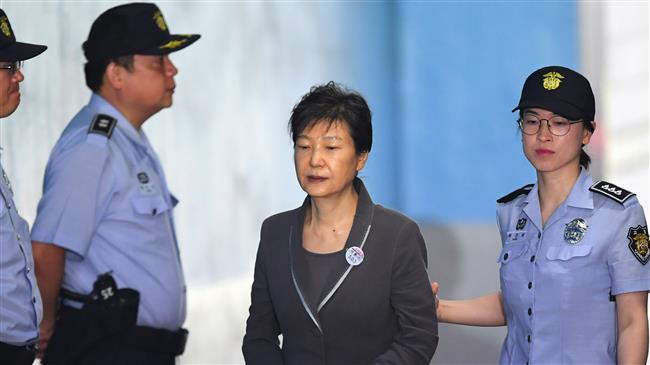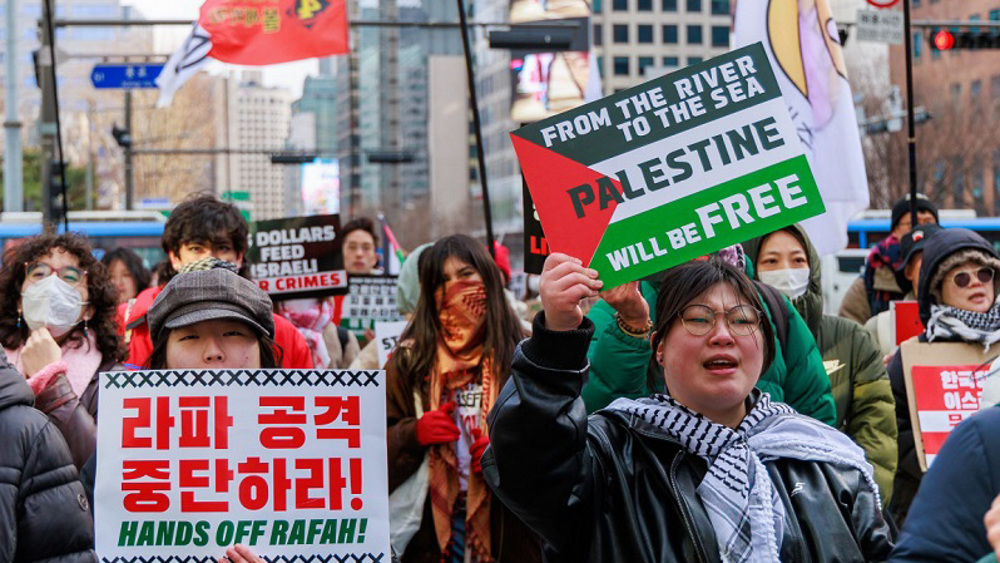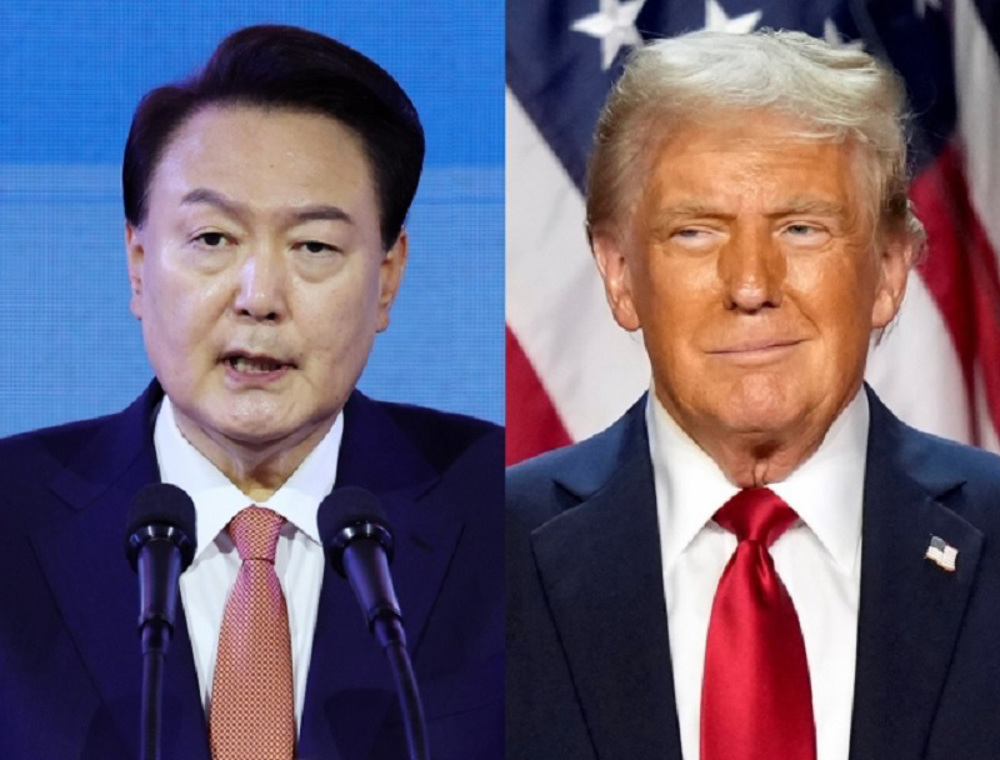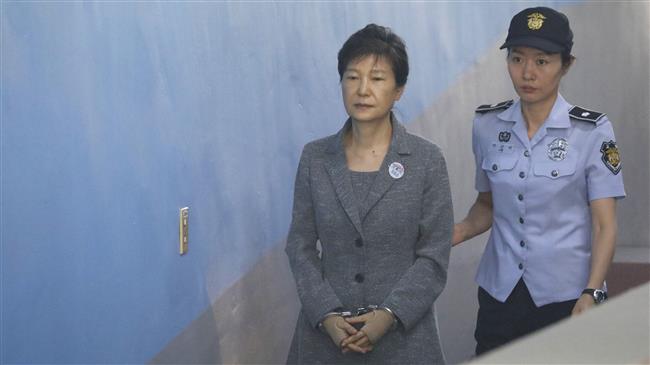South Korea begins retrial of former president Park
The retrial of ousted former South Korean president Park Geun-hye began Wednesday over the sprawling corruption scandal that saw her impeached, convicted and jailed, only for the hearing to end after five minutes.
Park, the country's first female president, boycotted the session, Yonhap news agency reported -- she has refused to take part in the judicial proceedings against her for more than two years.
As a result, the Seoul High Court adjourned and scheduled another session for January 31, when it will move straight to closing arguments, Yonhap reported.
Park was brought down in 2017 after huge street protests triggered by allegations that she and a close friend took bribes from top conglomerates for government favors.
She was convicted in April 2018 on bribery and abuse of power charges and sentenced to 24 years, later extended for an additional 12 months, and 20 billion won ($17 million) in fines.
She has also been sentenced to five years' jail for illegally taking money from the country's spy agency and two years for election law violations.
The penalties apply consecutively, meaning she is currently serving a total of 32 years.
But the Supreme Court has ordered a combined retrial of the corruption and spy agency cases, saying some of the bribery accusations should have been dealt with as separate charges -- which may lead to a heavier sentence.
The corruption scandal exposed shady links between big businesses and politics in South Korea, with Park and her close friend Choi Soon-sil accused of taking bribes from conglomerates including Samsung Electronics in exchange for preferential treatment.
Park was convicted in April 2018 of receiving or demanding more than $20 million, sharing secret state documents, "blacklisting" artists critical of her policies, and firing officials who resisted her abuses of power.

Her left-leaning successor Moon Jae-in was swept to power by the public backlash against her and her conservative party.
South Korean presidents have frequently ended up in prison after their time in power, usually once their political rivals have moved into the presidential Blue House.
All four of South Korea's living ex-presidents have been convicted of criminal offenses, and former head of state Roh Moo-hyun died of suicide in 2009 after being questioned over graft allegations involving his family.
(Source: AFP)
VIDEO | Press TV's news headlines
Iran FM: Response to Israeli aggression 'inevitable'
VIDEO | Iran eases the rules for exporting hand-woven carpets
VIDEO | Intl. Day for the Elimination of Violence against Women: A stark reminder of Gaza women
Australia denies ex-Israeli minister Shaked visa
VIDEO | 85% of Yemeni displaced people face daily hunger crisis
US House passes bill targeting charities and pro-Palestine groups
VIDEO | Supporting Gaza genocide











 This makes it easy to access the Press TV website
This makes it easy to access the Press TV website